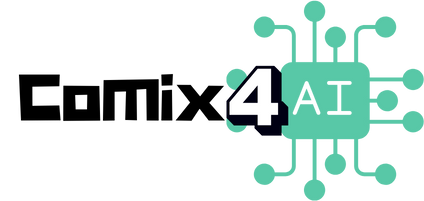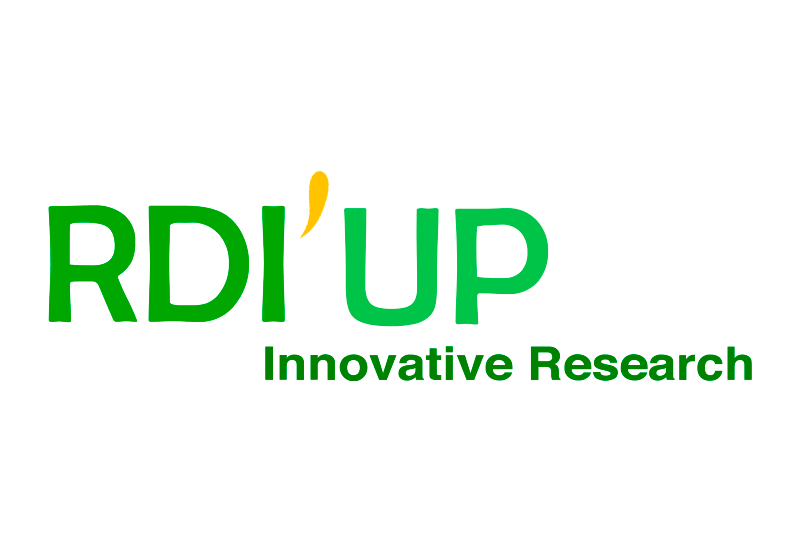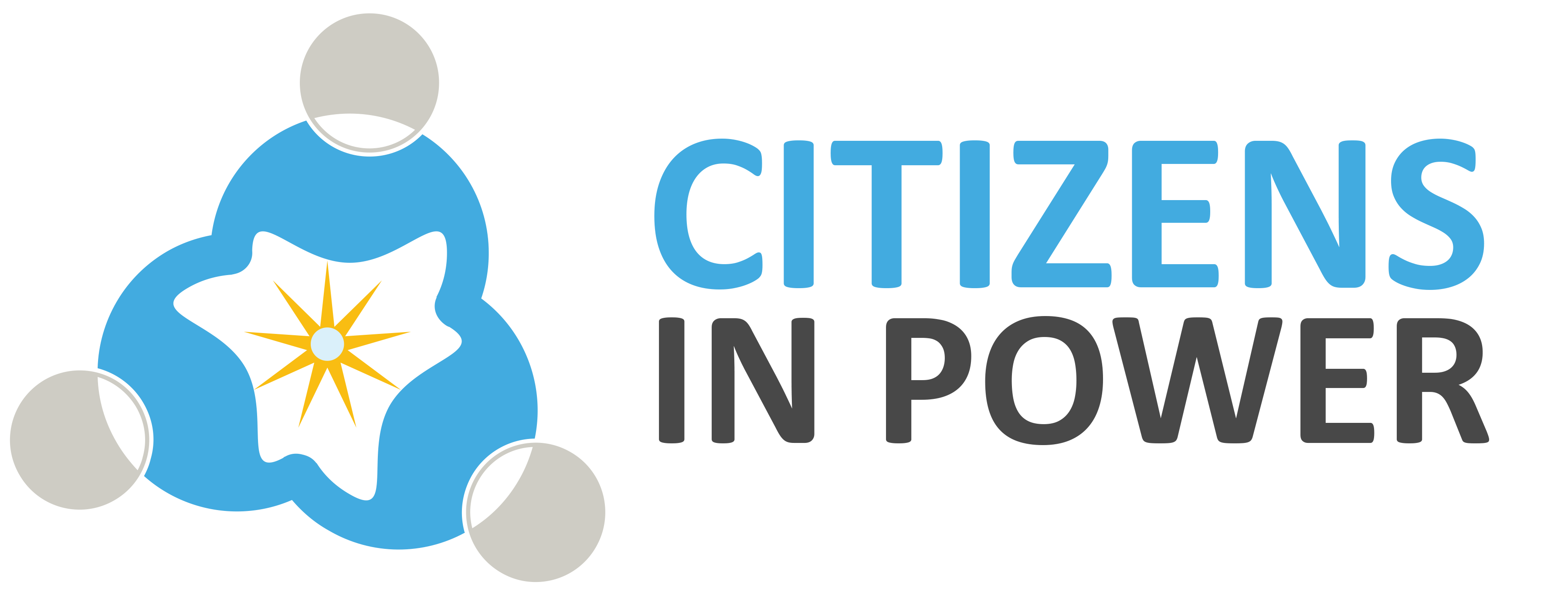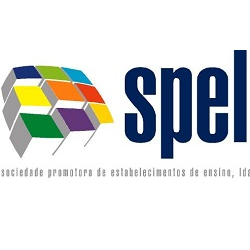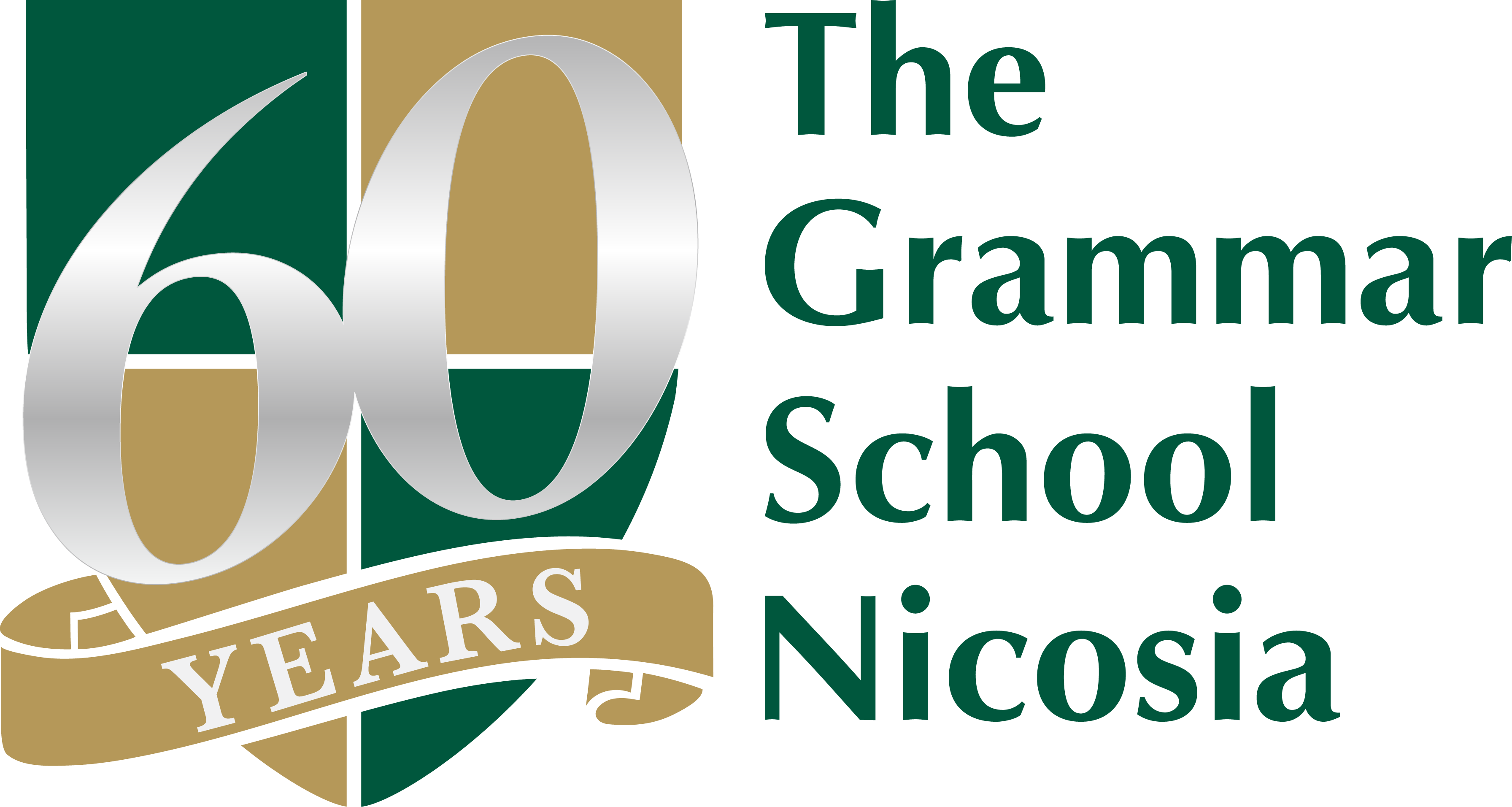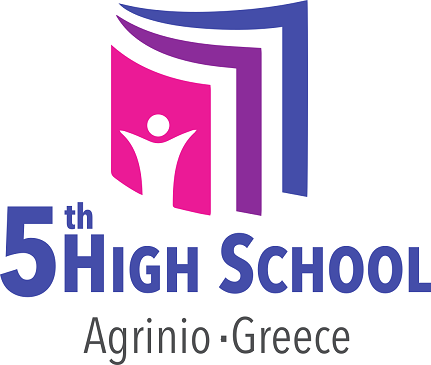Comix4AI is brought to life by a consortium of passionate organizations and individuals from across Europe, each bringing their expertise in education, technology, graphic design, and pedagogy.
RDIUP, France
RDIUP is an innovative French SME specialized in the development of new AI-based technologies, concepts, business models and exploitation strategies in energy, education, healthcare, agriculture and environment sectors. RDIUP promotes Research-Development and Innovation actions (RDI), identify potential actors and find according funds to ensure the viability and growth of projects. RDIUP exploits new services and technologies (Digital twin, AI/data analytics, IoT, MOOC, e-book and Wearables) in order to create useful proof of concept and useful smart applications. RDIUP has pertinent digital skills and is able to analyze new disruptive technologies and value chain. To design and realize these smart systems (e.g. connected and sensored clothing for car occupants), we take into account human factor, users acceptance and gender aspects. RDIUP develops a patented low-cost mini-invasive automated grasper for surgical suture based on the technique of knitting while ensuring a safe and fast operation. RDIUP creates new methodologies and assesses viability performance, cost-effectiveness analysis, develops tailored strategy, ensures the transfer of technologies and defines scalable solutions. At this stage, RDIUP has three main products: – Smart planning tool (SPT): SPT is a tailored data-driven sustainable plan generator developed via VPP4ISLANDS project that optimize energy assets and suggests recommendations to ensure green transition and climate change adaptations. https://www.youtube.com/watch?v=23HCciKGs6I – Evylor APP (HELIOS): It provides high-level functionalities and AI-based services as a platform and mobile APP for improved EV charging and driving behaviors while considering CO2 footprint in the LCA. https://www.youtube.com/watch?v=bQ57dCgAcPk&t=64s – AGRI4U is a collaborative AI-based platform that considers the whole agriculture value chain while ensuring a life-cycle traceability and improve the role of small farmers in the market. https://youtu.be/GAYUoneoyG4 RDIUP is composed of harmonized and multidisciplinary team of engineers, PhD, data scientists, and business developers (3 associates, 5 paid staff and 2 learners). Moreover, RDIUP develops tailored solutions to anticipate and adapt quickly to future changes, maximize the expected results and the socio-economic impacts of projects.
CIP - Cyprus
C.I.P. Citizens In Power (CIP) is a non-profit, educational and research organization. CIP constitutes one of the leading organizations in Cyprus in the fields of global education, social innovation, entrepreneurship, STEM and sustainable growth. Our team designs and implements cross-sectoral, interdisciplinary approaches, as a response to fundamental social, educational and environmental challenges and policy gaps, by employing technology transfer and operationalizing the research findings. Recognizing diversity as a congenital feature of modern societies, CIP has been tirelessly working to inspire and transform communities by endowing young people and citizens with innovative tools and comprehensive solutions. To accomplish its vision, CIP has established an ongoing collaboration with leading universities, NGOs and civil society organizations of an international outreach. CIP’s projects are organized under the management umbrella of four main departments: (I) The Department of Entrepreneurship focuses on the promotion of different ramifications of entrepreneurship; such as social, green, and female entrepreneurship, and the transference of values distilled from this field to youth and other target groups. The projects on Entrepreneurship approach the subject through alternative, empowering and entertaining methodologies, like game-based and role-model based learning. (II) The Department of Cultural and Humanitarian Affairs entails projects that strive towards the provision of an inclusive and life-long education to citizens of all ages, with an emphasis on various disadvantaged or marginalized groups, such as migrants, refugees, ex-prisoners, NEETs and early school leavers, individuals with Specific Learning Disorders, Deaf and Hard of Hearing people, persons with disabilities, as well as people facing different psychological and socioeconomic barriers. Moreover, the projects falling under this Department discern education as a driver for societal change and advancement, aiming towards the following targets: enhancement of social inclusion of marginalized groups and augmented social cohesion; development of both basic and advanced skills and competences; improvement of employability chances; sensitization of the public and cultivation of awareness towards sensitive issues, and; provision of tools to shape individuals into responsible and active citizens. (III) The STEM Department has been designing and applying non-formal tools, gamified math exhibits, virtual museums for STEM learning and virtual/augmented reality tools for the teaching of STEM. Particularly, we have introduced digital modeling and prototyping; 3D printing; mobile and app technology; computer coding; data analytics; Internet of Things; Machine learning and game development; electronics; robotics; and, environmental engineering in the daily routines of kindergartens, primary/secondary and VET schools, youth -oriented organizations and lifelong learning centers. (IV) The Department of Social Innovation & Green Technologies endeavors to investigate and implement cross-sectoral approaches. It aims to urge the new generation of entrepreneurs to make the shift to synchronous digital technology for the production of better business outcomes, thus carrying the ability to lead digital transformation for SMEs by modernizing and integrating their mainstream IT, as well as by utilizing digital solutions at scale, leading to a promising digital future. Concurrently, the Department has been collaborating with the Department of STEM, aspiring to design innovative solutions and products which are rooted to the contributions of the ICT sector (IoT, Machine Learning, etc.). These innovative solutions and products are capable of supporting the implementation of clean technologies for a sustainable and resilient increase of agri-food sector production, based on a more efficient use of energy and water
SPEL - Portugal
SPEL is a network of schools, created in 1990 by a society of teachers and psychologists, that focuses on the support of vulnerable communities – circa 2/3 of the SPEL students/trainees are under risk of socio-economic exclusion. Its aim is to boost the socio-economic condition of children, youngsters and adults from these communities by teaching/training and by coaching, which is achieved by applying innovative psycho-socio-pedagogic approaches for the transfer of skills highly valued in the labour market. The main principle of action of SPEL is the innovation of the psycho-pedagogic approaches to support the students/trainees and the engagement of all school staff in providing case-to-case solutions to the problems of the students. SPEL covers all the age groups, being active both in adult education, education of youth and of children. Concerning these last two groups, SPEL has expertise also in education of people with disabilities, through its partner institution “CerciVar”, that is focused on the education of children and youngsters with disabilities and with learning disorders. Among the departments of SPEL’s schools, the following are highlighted: – Office of Psychology and Career Guidance (SPO) – composed by educational and clinical psychologists, it does individual psychological support to the most psychologically-vulnerable students, provide guidance for the transition to the labour market and organize school events on relevant educational topics, like empowerment, motivation, etc. – Office of Employability – It is a sub-office of the SPO that cooperates closely with the directors of each VET degree. It follows a supports the alumni of the school in the first 5 years after they completed their degree in the school. – Office of Social Support – It is composed by teachers of the school, that collect donations from the school staff and apply it to discretely support the most economically vulnerable students (ex. to purchase school equipment, to purchase winter clothes, etc.) – Office for Better Living – It is composed of teachers and psychologists from the schools and do school events to address health-related issues, like eating habits, sports, sexuality, addictions, etc. SPEL transfers the best pedagogical practices to teachers via Train-the-Trainer trainings taught by SPEL and certified by the Ministry of Education, that are mandatory for professionals that want to become VET trainers. SPEL is strongly networked with schools: It recently pilot-tested good practices in 90 schools in Europe (15 in Portugal) under the E+ KA3 project “MEDIS” and pilot-tested other good-practices in 51 (other) schools in Europe (6 in Portugal), under the E+ KA3 project VETFests that SPEL coordinated, both finished in 2021. SPEL also has also 20 year old protocols with public authorities of different municipalities from Portuguese-speaking African countries, that cooperate with SPEL in selecting local talents, that are awarded with fellowships from SPEL that finance the subsistence and expenses to train/study in its schools. This way, SPEL promotes the legal migration and the cooperation for the socio-economic development of these African countries. SPEL is located in the city of Espinho, that in 2011 was the city with the highest unemployment rate in Portugal and currently it is still among the 20 Portuguese cities with the highest unemployment rate (Pordata 2019). SPEL holds the European certification of quality in VET – EQAVET (Certificate nr 065/2020) – issued by the Portuguese regulatory body of VET (ANQEP).
P.G.M.S. (PRIVATE GRAMMAR & MODERNSCHOOLS) LIMITED - Cyprus
The Grammar School was founded in 1963. Our School provides challenging and diverse learning opportunities to the students. It promotes creativity, independent thinking and empowers students to become capable, caring, and active contributors to the world in which they live. The English National Curriculum and the Cypriot Ministry Greek Curriculum provide the platform for learning. Students with specific learning needs are catered for through more support, where appropriate. The school is an all-inclusive school that consists of Primary School which accommodates 272 students of ages 5-11 and the High School which accommodates 824 students of ages 11-18.
5th Senior High School Agrinio - Greece
The 5th Senior High School of Agrinio is a general public senior high school with 255 students, aged 15-18yrs old. The school is located opposite of the National Stadium of Agrinio in a quiet suburban area away from the city center. In the past it used to be a vocational school offering classes on computer science; thus it possesses fully equipped computer labs. The school is also a certified teacher training center with 30 full-time teachers. It has participated in Comenius projects from 2002-2006 with an emphasis on inclusive education and early school leaving. We also participate actively in Erasmus+ projects. Apart from computer labs, the school possesses a well-armed natural science laboratory, a spacious hall where various events (speeches, seminars, projections) are held, a basketball ground and ample space for other sport activities. Except for its active participation in Comenius & Erasmus+ projects, it has taken part in plenty of educational ones, mostly cultural and environmental. Lots of educational excursions have been organized within the framework of these projects. Many students have won awards and praises in art contests and science competitions and a significant percentage of the third grade students succeed in the exams for entering university every year. An active drama team and an environmental one aim at promoting art and ecology among the students.Every year we run school projects, related to culture, theatre, ICT, and environment and we participated in various educational school activities (sports, first aid seminars, counselling activities, etc.). We have participated in various contests about Greek culture and heritage, poetry and ICT technology. We have a theatrical team and our school currently prepares a short book on the history of our hometown.
